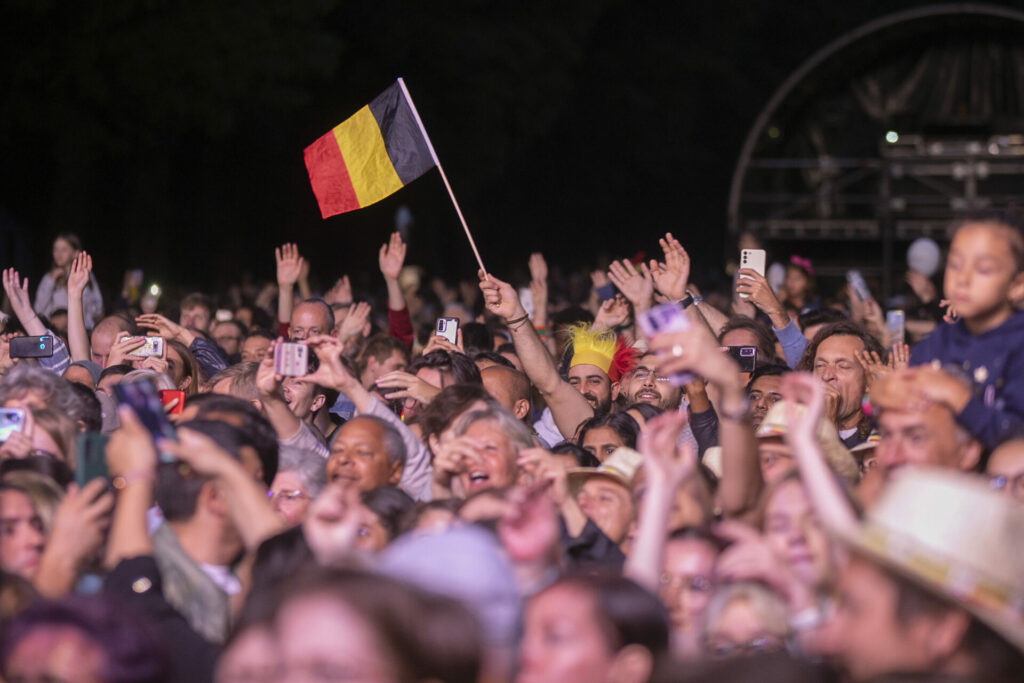The number of people who were granted Belgian nationality in 2023 was at its highest since the peak in 2001 – when a new law was brought in to accelerate the procedure.
A total of 54,813 people became Belgian last year, mostly after an integration process, provisional figures from Belgium's statistics office Statbel showed, based on data from the National Register.
While these figures will not be officially confirmed until June this year, it is already clear that this is the highest number since 2001, Statbel confirmed to The Brussels Times.
"The number of acquisitions of Belgian nationality according to origin is highly dependent on the number of people of non-Belgian nationality residing in Belgium, who could therefore potentially acquire Belgian nationality," Statbel's spokesperson stressed.
The main criterion for those wishing to become a Belgian national is being a resident of the country for five or ten years, depending on the applicant's employment status.
With over 5,250 new Belgians, Morocco continued to be the leading country of origin by a distinct margin. But migration from the European Union's newest Member States also played an important role.
Still below historic record
Already in 2022, the number of people applying for and attaining citizenship in the country reached the highest level in two decades. The latest figures show a total of 48,482 non-Belgian people acquired Belgian nationality in that year. This also marked the first time since 2002 that the annual number exceeded 45,000.

King Philippe and Queen Mathilde of Belgium celebrate a Belgian victory against Russia in Rio de Janeiro, Brazil. Sunday 22 June 2014. Credit: Belga
In September 2023, it already became clear that the 2022 record would fall. Then, in October, no fewer than 5,000 people became Belgian nationals in just one month. The preliminary figures show that, compared to 2022, an increase of more than 13% was recorded, but the record figures seen during the early 21st-century peak will likely not be surpassed.
In 2001, a total of 62,994 people became Belgian following the introduction of the so-called "snel-Belg" (fast-Belgian) law on 1 March 2000, introduced under the Verhofstadt government.
This amended certain provisions in the nationality law aimed at making access to Belgian nationality easier for foreigners by reducing the number of integration requirements. In 2000 itself, this already resulted in 61,990 people being granted Belgian nationality, up from just 24,202 in 1999.
However, this legislation was replaced about a decade ago by stricter requirements for social and economic integration such as proof of language skills and legal residence for at least five years. For non-EU citizens arriving in Flanders, an integration course and test are mandatory.
The uptick in the number of people gaining Belgian citizenship indicates that more newcomers have now met these conditions. But given that it takes time to satisfy the criteria, the peak seen in recent months is likely linked to the exceptional influx of refugees and migrants who were granted asylum in 2015 and 2016. If they worked full-time they will now have reached the crucial five-year mark to apply for citizenship.

